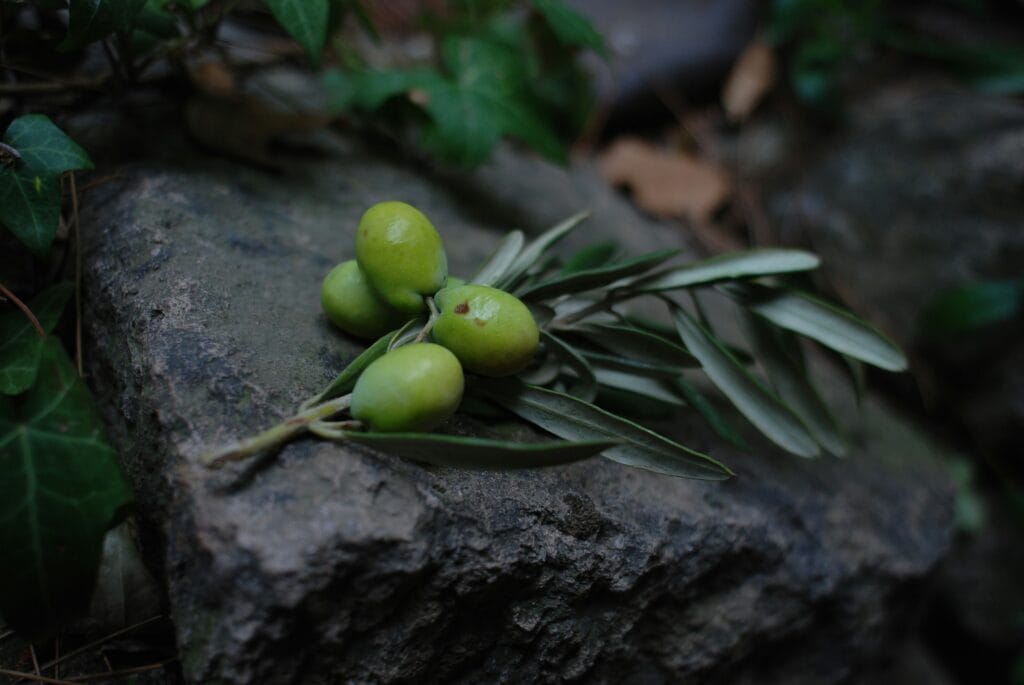The Truth About Greek Olive Oil (And Why It’s the Best)

Greece is famous for many things—its stunning islands, ancient history, and incredible cuisine—but one of its greatest treasures is olive oil. More than just a staple in Greek households, olive oil is deeply embedded in the country’s culture, history, and economy. But what makes Greek olive oil stand out from the rest? Here’s the truth about Greek olive oil and why it’s considered the best in the world.
1. Greece Produces Some of the World’s Best Extra Virgin Olive Oil
Greece may not be the largest producer of olive oil (Spain and Italy hold that title), but it consistently ranks among the highest in quality. In fact, around 80% of Greek olive oil is extra virgin—the highest grade of olive oil, known for its superior taste and health benefits.
2. Unique Climate and Soil Conditions
The secret to Greece’s exceptional olive oil lies in its geography. The Mediterranean climate, rich soil, and abundant sunshine create the perfect conditions for growing some of the finest olives in the world. Regions like Crete, Kalamata, and Lesvos are particularly famous for their olive oil production.
3. The Famous Koroneiki Olive
While Greece is home to hundreds of olive varieties, the Koroneiki olive is the most prized for producing high-quality olive oil. These small but mighty olives are rich in polyphenols, which contribute to both the oil’s robust flavor and its numerous health benefits.
4. Unmatched Taste and Aroma
Greek olive oil is known for its fruity, peppery, and slightly bitter taste with a hint of fresh grass or artichoke. The high polyphenol content not only enhances flavor but also makes Greek olive oil one of the healthiest oils you can consume.
5. Packed with Health Benefits
Greek olive oil isn’t just delicious—it’s also incredibly healthy. Studies have linked high-quality extra virgin olive oil to:
Reduced risk of heart disease
Anti-inflammatory properties
High levels of antioxidants
Improved brain function
Longevity (Greeks, especially Cretans, are among the longest-living populations in the world, thanks in part to their diet)
6. Traditional and Sustainable Harvesting Methods
Many Greek olive growers still use traditional, hand-picking methods to harvest olives, ensuring minimal damage to the fruit. Cold pressing is then used to extract the oil without heat or chemicals, preserving its rich flavor and nutritional properties.
7. It’s a Key Ingredient in the Mediterranean Diet
Olive oil is at the heart of the Mediterranean diet, which has been recognized as one of the healthiest in the world. Greeks use olive oil in almost everything—drizzled over salads, mixed into dips, baked into bread, and even as a key ingredient in desserts.
8. Less Commercialized Than Italian and Spanish Olive Oils
Unlike Italian and Spanish olive oil, which are often mass-produced and blended from multiple sources, Greek olive oil is usually made by small, family-run businesses. This results in a purer, more authentic product.
9. A Staple of Greek History and Mythology
Olive oil has played a crucial role in Greek culture for thousands of years. The ancient Greeks used it not only in cooking but also in religious ceremonies, skincare, and even as a prize for Olympic victors. The sacred olive tree was a gift from Athena, according to Greek mythology, symbolizing peace and prosperity.
10. Once You Try Greek Olive Oil, There’s No Going Back
If you’ve ever had authentic Greek olive oil, you’ll know there’s nothing quite like it. Its rich, full-bodied flavor elevates every dish and brings a taste of Greece to your kitchen. Whether you use it for dipping bread, dressing salads, or cooking, Greek olive oil is an essential ingredient worth investing in.
Greek olive oil isn’t just a product—it’s a tradition, a way of life, and a source of pride for the country. With its superior quality, unbeatable taste, and incredible health benefits, there’s no doubt that Greek olive oil is the best in the world. So next time you reach for a bottle, make sure it’s Greek—you won’t regret it!